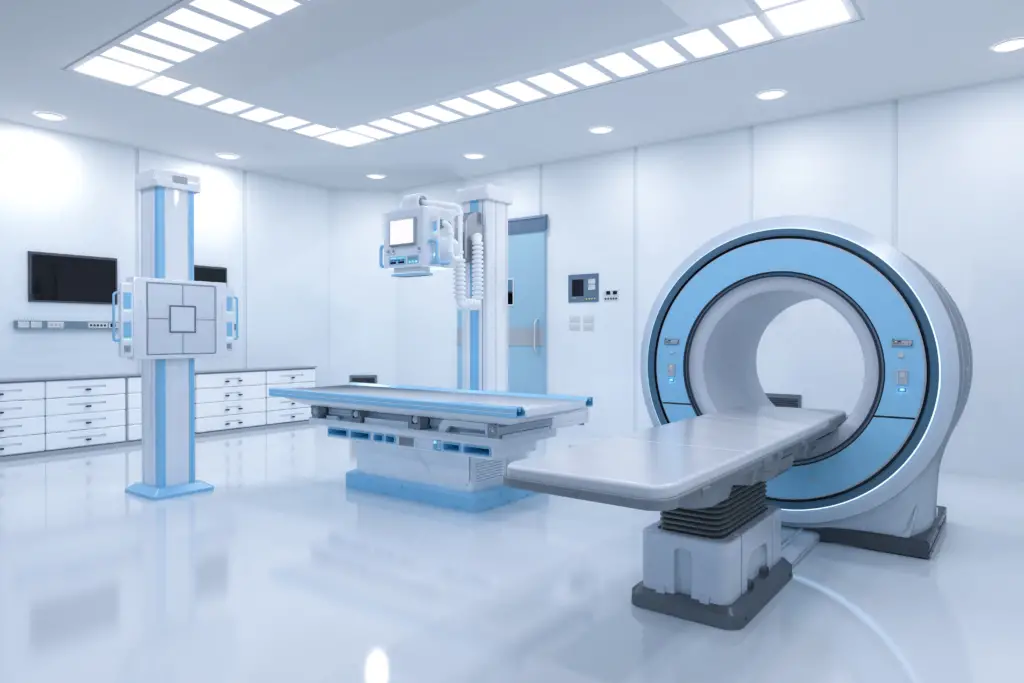Alternative Jobs for Radiologic Technologists: In the ever-evolving medical field, radiologic technologists play a crucial role. Yet, there comes a time when some professionals, despite their expertise and passion, might consider a shift in career trajectory. Whether it’s due to the nature of their work, the desire for a change, or to seek new challenges, exploring alternative careers becomes a genuine consideration.
Introduction to Radiologic Technologists
Radiologic technologists play a crucial role in the medical field, assisting physicians by capturing images of the body’s internal structures. However, the demand and sometimes monotonous nature of this profession can make some professionals seek alternative career paths.
The Role of Radiologic Technologists
Radiologic technologists, or rad techs for short, specialize in operating medical imaging equipment. Moreover, They work closely with radiologists to ensure the clarity and accuracy of the images.
Why Some Seek Alternatives
Though a rewarding profession, factors such as prolonged standing, exposure to radiation, and the repetitive nature of the job may lead some rad techs to explore different career options.
The World Beyond Radiology
The medical field is vast and offers a plethora of opportunities for those with a background in radiology.
Transferable Skills
Rad techs possess a unique skill set. Their knowledge of anatomy, patient care, and medical equipment makes them invaluable in various medical professions.
The Current Job Market
The health sector is ever-evolving. With technological advancements as well as increasing demand for healthcare services, several roles are emerging that rad techs can fit into seamlessly.
Alternative Jobs for Radiologic Technologists
There’s a world of possibilities for radiologic technologists looking to pivot. Here are some alternative roles they can consider:
MRI Technologist
Building on their expertise, rad techs can specialize in Magnetic Resonance Imaging (MRI). This role involves capturing images using magnetic fields and offers a unique perspective on patient diagnostics.
Ultrasound Technologist
Shifting from radiology to sonography, ultrasound technologists or sonographers use sound waves to produce images, particularly useful in obstetrics and cardiology.
Radiation Therapist
For those interested in cancer treatment, becoming a radiation therapist is a viable option. They work with oncologists to administer radiation treatments to patients.
Nuclear Medicine Technologist
Another fascinating avenue is nuclear medicine, where technologists administer radiopharmaceuticals to patients and monitor the characteristics and functions of tissues or organs.
Diagnostic Medical Sonographer
Specializing in organs, blood flow, and tissues, these professionals capture images using ultrasound equipment, providing doctors with crucial information for diagnosis.
Radiology Administrator
If management is appealing, rad techs can climb the career ladder to oversee radiology departments, ensuring operations run smoothly.

Benefits of Branching Out
Transitioning to a new role can be a breath of fresh air and come with several advantages.
Broader Career Opportunities
By diversifying their skill set, rad techs can access a broader range of job opportunities in the medical field.
Potential for Higher Salary
Some alternative roles, especially those requiring additional certifications, can offer higher compensation.
Reduced Exposure to Radiation
By opting for professions like sonography, professionals can significantly reduce their exposure to radiation.
Challenges in Transitioning
It’s essential to understand the hurdles one might face when considering a career shift.
Skill Gap
Though rad techs have a solid foundation, some roles may require additional training or certifications.
Licensing and Certification Differences
Each medical profession has its licensing requirements, which might necessitate additional courses or exams.
How to Successfully Transition
Embracing change requires strategy. Here’s how rad techs can navigate the transition smoothly:
Pursuing Additional Training
Enrolling in specialized courses can bridge the knowledge gap and make transitioning easier.
Networking
Connecting with professionals in the desired field can provide insights and potential job opportunities.
Tailoring Your Resume
Highlighting transferable skills and relevant experience can make a rad tech’s resume stand out to potential employers.
First-hand Experiences
Many radiologic technologists have successfully transitioned to alternative roles. Further, Their stories can serve as a source of inspiration and guidance for those considering a similar path.
FAQs
- What are the primary responsibilities of a radiologic technologist?
Radiologic technologists capture images of the body’s internal structures using medical imaging equipment. - Why might a rad tech consider alternative career paths?
Reasons can vary from seeking new challenges, concerns about radiation exposure, or desire for higher compensation. - Is additional training required to transition to a new role?
Depending on the role, additional training or certifications might be necessary. - Can rad techs move into managerial roles?
Absolutely. With experience and perhaps some management training, they can become radiology administrators or even department heads. - Are there non-medical roles for radiologic technologists?
Yes. Their skills are valuable in equipment sales, training, or even technical writing related to radiology. - How do the salaries compare between rad techs and the alternative roles?
Salaries can vary significantly based on the role, location, and individual’s experience. Some alternative professions may offer higher compensation than a traditional rad tech role.
Conclusion
Alternative Jobs for Radiologic Technologists: While the realm of radiology offers significant opportunities and rewards, the vast expanse of the medical field provides numerous other avenues for these skilled professionals. Moreover, By leveraging their foundational knowledge and exploring alternative jobs, radiologic technologists can rejuvenate their passion, embrace new challenges, and continue to make impactful contributions to healthcare.


